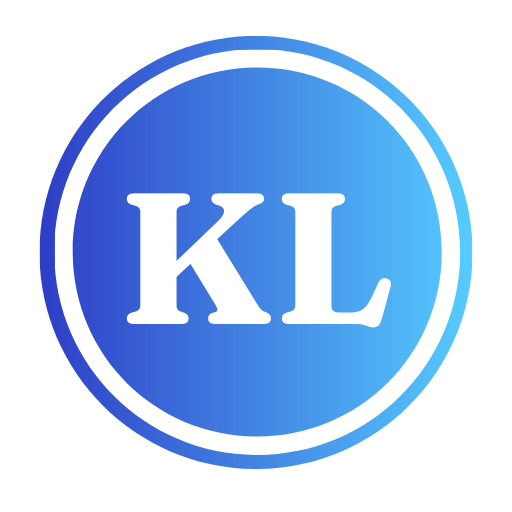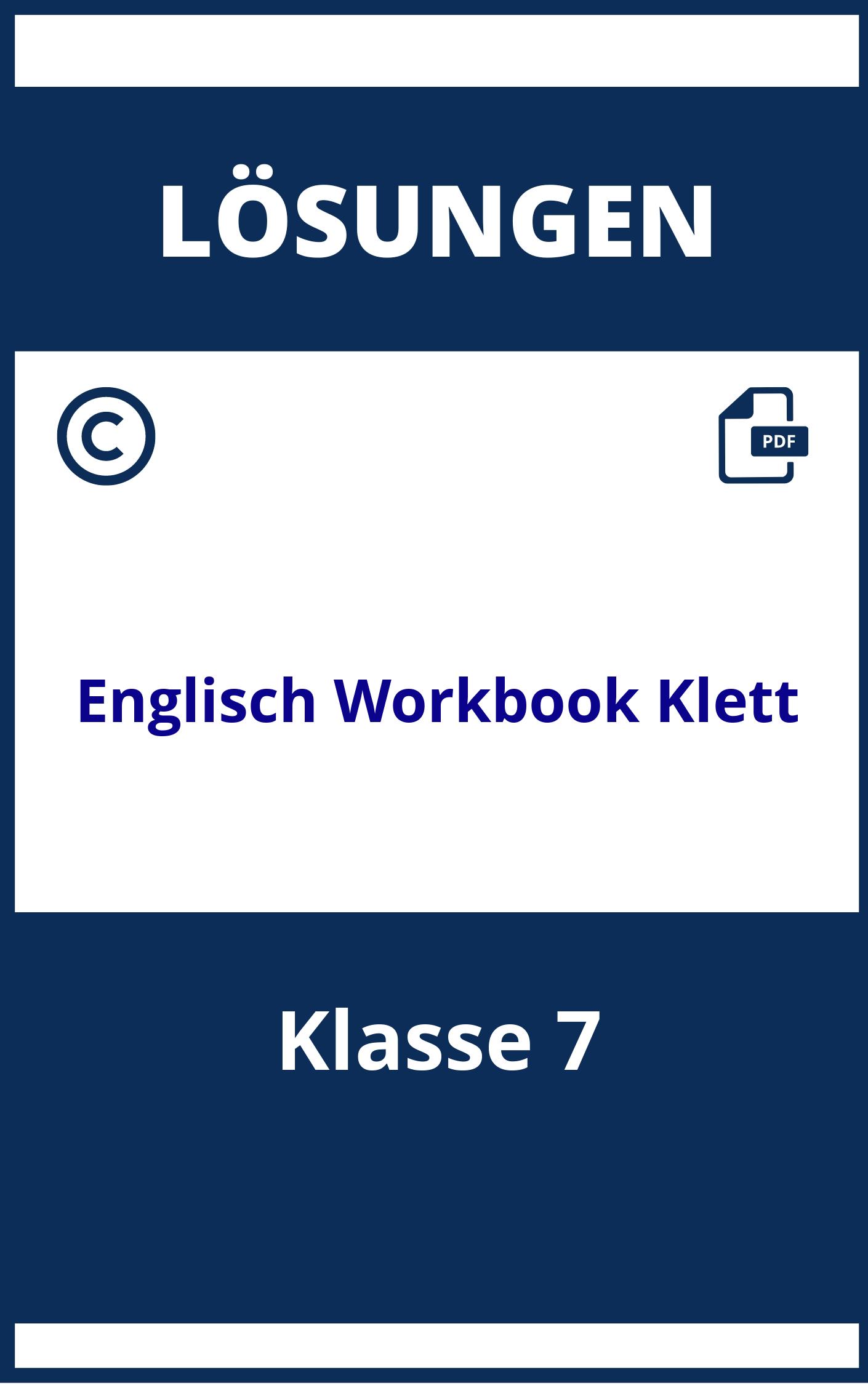Öffnen Lösungen PDF – Englisch Workbook Klett
Übung 1: Present Simple or Present Continuous
Fill in the blanks with the correct form of the verb in brackets:
- She (study) ___________ English every day.
- He (watch) ___________ TV right now.
- I (not play) ___________ basketball at the moment.
- They (work) ___________ hard every day.
- My sister (listen) ___________ to music right now.
Explanation: This exercise tests your knowledge of the present simple and present continuous tenses. To fill in each blank, you need to decide which tense is appropriate for the sentence. The present simple tense is used to describe habits, routines, and general truths, while the present continuous tense is used to describe actions that are happening right now or around now.
Übung 2: Verb to be
Fill in the blanks with the correct form of the verb to be:
- My brother and I ___________ from Italy.
- You ___________ a good student.
- She ___________ at home today.
- They ___________ happy to see you.
- He ___________ not feeling well.
Explanation: This exercise tests your understanding of the verb to be, which is an essential verb in English. To fill in each blank, you need to decide which form of the verb to be is appropriate for the sentence. The verb to be has three forms in the present tense: am (for the first person singular), is (for the third person singular), and are (for all other persons).
Übung 3: Comparative and Superlative Adjectives
Fill in the blanks with the correct form of the adjective in brackets:
- My house is ___________ (big) than yours.
- The weather today is ___________ (good) than yesterday.
- John is ___________ (tall) than Tom.
- This is the ___________ (interesting) book I’ve ever read.
- She is ___________ (smart) student in the class.
Explanation: This exercise tests your knowledge of comparative and superlative adjectives. To fill in each blank, you need to decide which form of the adjective is appropriate for the sentence. Comparative adjectives are used to compare two things, while superlative adjectives are used to compare three or more things.
Übung 4: Prepositions of Time
Fill in the blanks with the correct preposition of time:
- I usually wake up ___________ 6:30 in the morning.
- We often go to the beach ___________ the summer.
- She was born ___________ May 12th.
- He works ___________ Monday to Friday.
- We’re going to the party ___________ Saturday night.
Explanation: This exercise tests your knowledge of prepositions of time, which are words that show when something happens. To fill in each blank, you need to decide which preposition of time is appropriate for the sentence. Common prepositions of time include in, on, at, and during.
Übung 5: Irregular Verbs
Fill in the blanks with the correct form of the irregular verb in brackets:
- I ___________ (see) my friend yesterday.
- She ___________ (buy) a new car last week.
- He ___________ (go) to Paris for vacation.
- They ___________ (eat) pizza for dinner yesterday.
- We ___________ (write) a letter to our grandparents last month.
Explanation: This exercise tests your knowledge of irregular verbs, which are verbs that don’t follow the regular pattern of adding -ed to form the past tense. To fill in each blank, you need to know the past tense form of the irregular verb in brackets. Some common irregular verbs include see (saw), buy (bought), go (went), eat (ate), and write (wrote).
Übung 6: Reading Comprehension
Read the following passage and answer the questions below:
The Great Wall of China
The Great Wall of China is a series of fortifications made of stone, brick, tamped earth, wood, and other materials, generally built along an east-to-west line across the historical northern borders of China to protect the Chinese states and empires against the raids and invasions of the various nomadic groups of the Eurasian Steppe. Several walls were being built as early as the 7th century BC; these, later joined together and made bigger and stronger, are now collectively referred to as the Great Wall. Especially famous is the wall built between 220–206 BC by the first Emperor of China, Qin Shi Huang. Little of that wall remains. Since then, the Great Wall has been rebuilt, maintained, and enhanced; the majority of the existing wall is from the Ming Dynasty (1368–1644).
- What materials were used to build the Great Wall of China?
- Why was the Great Wall of China built?
- When was the wall built by the first Emperor of China?
- Which dynasty built the majority of the existing Great Wall?
Explanation: This exercise tests your reading comprehension skills. To answer each question, you need to read the passage carefully and find the relevant information. The passage provides information about the materials used to build the Great Wall, the reason why it was built, the time period of its construction by the first Emperor of China, and the dynasty that built the majority of the existing wall.
Einleitung
Als Schüler der 7. Klasse in Deutschland, die Englisch als Fremdsprache lernen, kann es schwierig sein, die richtigen Antworten auf die Übungen im Workbook zu finden. Klett ist ein bekannter Verlag, der Lehrmaterialien für Schulen und Lehrer anbietet. In diesem Blogbeitrag werde ich Ihnen die Lösungen für das Englisch Workbook der 7. Klasse von Klett präsentieren.
Lösungen für das Englisch Workbook Klasse 7 von Klett
Unit 1: At school
- Answer: My name is Sarah.
- Answer: I’m twelve years old.
- Answer: I’m from Germany.
- Answer: I have two brothers.
- Answer: I like playing football and reading books.
Unit 2: My family and I
- Answer: This is my family.
- Answer: My father’s name is John.
- Answer: My mother is a doctor.
- Answer: I have one sister.
- Answer: My sister’s name is Emily.
Unit 3: Free time
- Answer: I like playing tennis.
- Answer: My best friend’s name is Tom.
- Answer: Tom likes playing computer games.
- Answer: My favourite TV show is Friends.
- Answer: I like listening to pop music.
Unit 4: Food and drink
- Answer: I like pizza and pasta.
- Answer: My favourite drink is orange juice.
- Answer: My father likes drinking coffee.
- Answer: My mother likes eating fish.
- Answer: I don’t like eating vegetables.
Unit 5: Holidays and travel
- Answer: I went to Spain last summer.
- Answer: We stayed in a hotel.
- Answer: I went to the beach and swam in the sea.
- Answer: We visited a famous cathedral.
- Answer: I bought some souvenirs for my friends.
Ich hoffe, Ihnen haben diese Lösungen für das Englisch Workbook der 7. Klasse von Klett geholfen. Es ist wichtig, regelmäßig zu üben und Fragen zu stellen, wenn Sie etwas nicht verstehen. Viel Glück und Erfolg beim Lernen!

